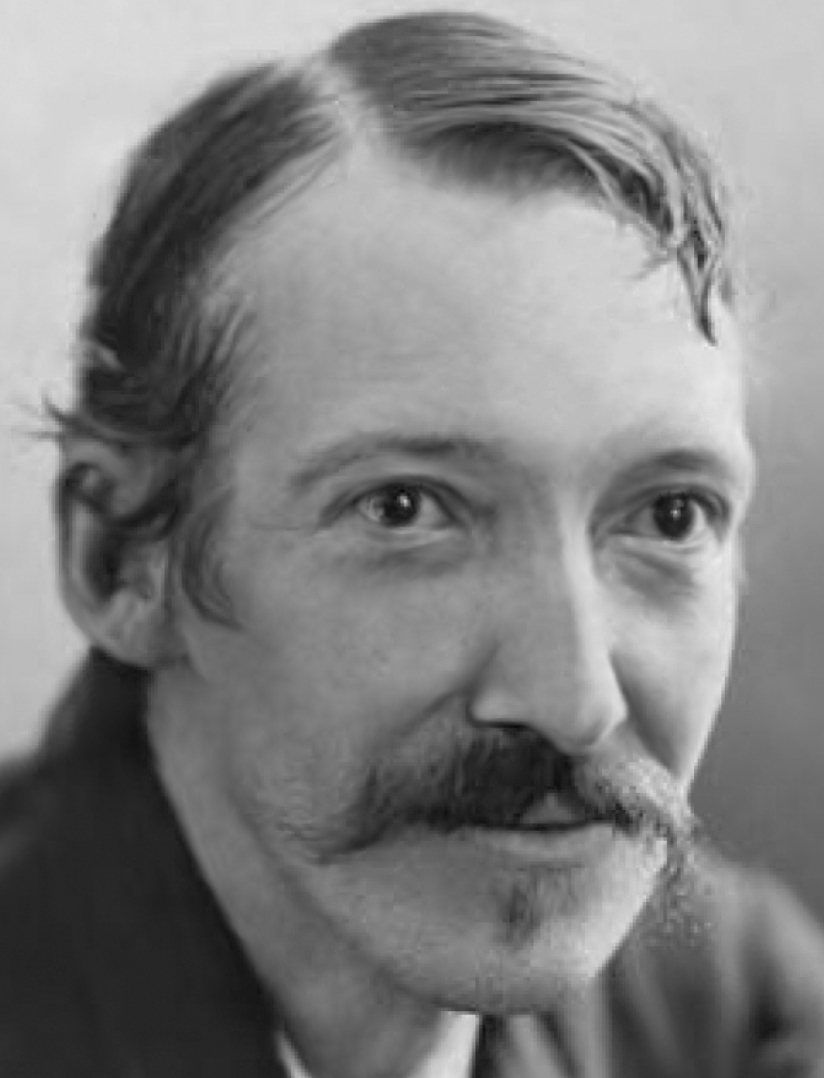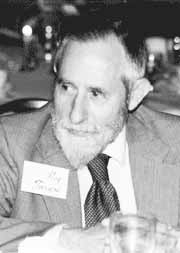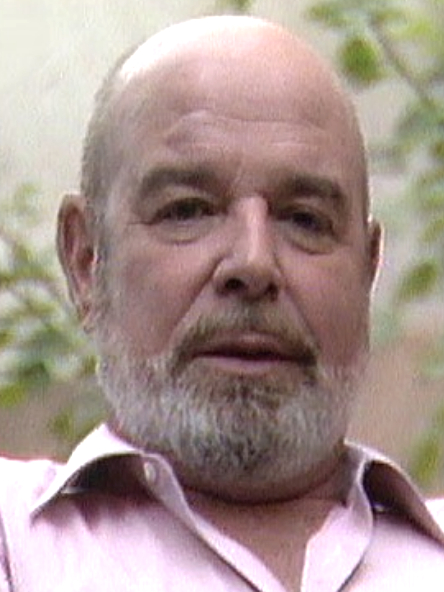November 13
Robert Louis Stevenson

On this date in 1850, poet and novelist Robert Louis Stevenson was born in Edinburgh, Scotland to Margaret (Balfour) and Thomas Stevenson. His father was a civil engineer who designed lighthouses and his mother’s father was a Church of Scotland minister. As a frail, often bed-ridden child suffering from lifelong lung problems, he let his imagination soar. His classic A Child’s Garden of Verses (1885) perfectly evokes childhood.
Stevenson studied law, took the bar in 1875 but never practiced due to ill health. His early rejection of Christianity created a schism with his Presbyterian father, who raged the ” ‘orrible atheist” at his son. Moving to London, he started contributing to leading magazines. A walking trip in France produced Travels with a Donkey in Cervenne (1878). His first novel, An Island Voyage (1878), was followed by Treasure Island, The Strange Case of Dr. Jekyll and Mr. Hyde and Kidnapped. Stevenson specialized in adventure and often dipped into the macabre, explaining, “But we are so fond of life that we have no leisure to entertain the terror of death. It is a honeymoon with us all through, and none of the longest.”
In 1880 he married Frances “Fanny” Van de Grift Osbourne, 10 years his junior and the divorced mother of three. Two biographers concluded that Stevenson, while not wishing to affiliate with rationalist groups, was an agnostic. Biographer Francis Watt (R.L.S., 1913) wrote that Stevenson “was destitute of fixed creed or belief, and that he is properly described as an Agnostic.” In The Letters of Robert Louis Stevenson (1994), a love letter included a touching line: “I believe in you as others believe in the Bible.”
In 1890 the family settled on the island of Samoa and Stevenson took the native name Tusitala (Teller of Tales). He continued to write and was active in local politics. He died at age 44 in 1894, probably of a cerebral hemorrhage while straining to open a bottle of wine. Although his family erected a tomb with religious references for his grave by the Pacific, one side carries a bronze plaque with his chosen secular epitaph “Requiem” and its lines “Here he lies where he longed to be / Home is the sailor, home from sea.” (D. 1894)
PHOTO: Stevenson the year before he died.
“I am religious in my own way, but I am hardly brave enough to interpose a theory of my own between life and death. Here both our creeds and our philosophies seem to me to fail.”
— Stevenson, quoted by Arthur Johnstone in "Recollections of R.L. Stevenson in the Pacific" (1905)
Roy Torcaso

On this date in 1910, Roy Torcaso, a leader in the church-state separation movement, was born in Enumclaw, Wash. Torcaso, an atheist, filed his Supreme Court-bound lawsuit in 1959 when his application to be a Maryland notary public was denied on grounds that he refused to say he believed in God. This was a requirement to hold public office in many states, including the state of Maryland. “The point at issue is not whether I believe in a supreme being, but whether the state has a right to inquire into my beliefs.” (Washington Post, June 21, 2007.)
His case, Torcaso v. Watkins, eventually came before the Supreme Court, which in 1961 ruled unanimously in Torcaso’s favor and said Maryland’s requirements for public office violated the First and Fourteenth Amendments and Article 6. The Constitution’s Article 6 states, “No religious test shall ever be required as a qualification to any Office or public trust under the United States.”
Torcaso continued to be an advocate in the humanist movement. He was a board member of the American Humanist Association and a member of the Freedom From Religion Foundation’s Executive Council. He was featured in FFRF’s documentary “Champions of the First Amendment.” He also officiated secular weddings.
A veteran of World War II and the Korean War, Torcaso was a bookkeeper up until the time of his well-publicized trial. He lost his bookkeeping job during the trial because his employer, a Bethesda construction company, did not want to be associated with him and his beliefs. This led to financial difficulty for the Torcaso family, but he continued to fight for his rights even when his children were ostracized by some of their neighbors.
Torcaso fought for racial integration of his neighborhood, attended pro-choice rallies, and supported the right-to-die movement. Torcaso had three children and was married for 60 years. His case inspired his daughter, Linda Bernstein, to become a lawyer. “He was an activist to the end of his life. He just did not believe that religion should enforce its views on the whole of society,” Bernstein said in a June 2011 interview with Americans United for Separation of Church and State. (D. 2006)
“I do not believe in any form of the supernatural or divinity.”
— Torcaso in “Champions of the First Amendment,” a 1988 film by FFRF
Jaime Gil de Biedma

On this date in 1929, poet Jaime Gil de Biedma y Alba was born in Nava de la Asunción, Spain. Gil de Biedma was a renowned poet who wrote during the post-Spanish Civil War era. He earned a law degree in Salamanca. He grew up and lived in a society that was hostile to the LGBT community but was openly gay. His works of poetry include “Companeros de viaje” (1959), “Moralidades” (1966) and “Longing: Selected Poems” (1993).
Miguel Dalmau wrote a biography of Gil de Biedma in 2005 that was made into a 2009 movie called “El consul de Sodom.” Gil de Biedma frequently criticized the Spanish dictatorship in his poetry and was part of the group of writers known as “el generacion del 50,” who were seen as children of the Spanish Civil War. (D. 1990)
“But time has passed
and I see the unpleasant truth
Growing old, dying
is the play’s only plot.”“Pero ha pasado el tiempo
y la verdad desagradable asoma:
envejecer, morir,
es el unico argumento de la obra.”— Excerpt from Gil de Biedma's poem "I Will Not Be Young Again" (No volveré a ser joven)
